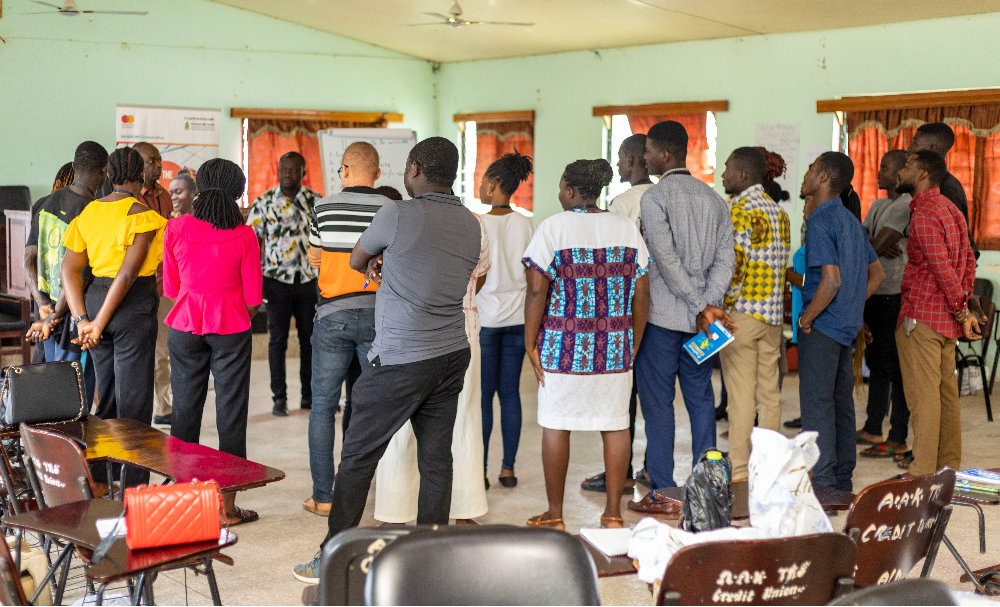The KNUST Nutrition and Sustainable Agrifood Collaborative, in partnership with the Mastercard Foundation (Nkabom Project) has launched a Community-Based Entrepreneurship Training (CBET) in the Abura Asebu Kwamankese (AAK) District of the Central Region.
The initiative is equipping 30 local participants with practical intrapreneurship and entrepreneurship skills to start and grow viable ventures in the agri-food space.
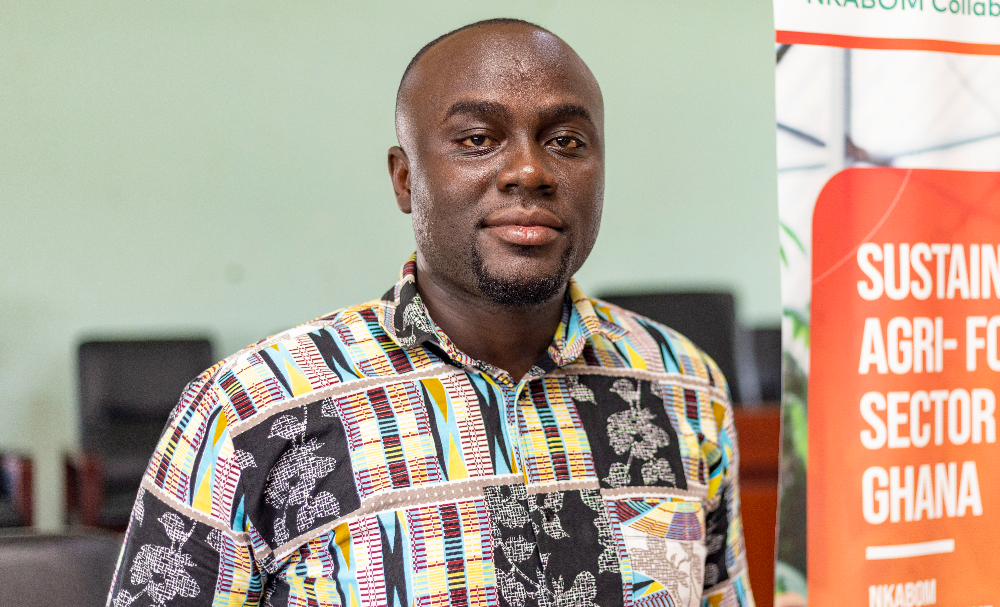
Samuel Kweku Nyarko Arhinful, Programme Associate of the Nkabom Collaborative said the training was tailored to community members, mostly unemployed youth, because many already possess skills that can be transformed into businesses.
“Most community members are into some sort of food processing such as sobolo, pastries or even farming, but they are doing it just for daily sustenance. We are here to help them hone those skills, think like business owners, and build something they can live on and pass to the next generation,” he said.
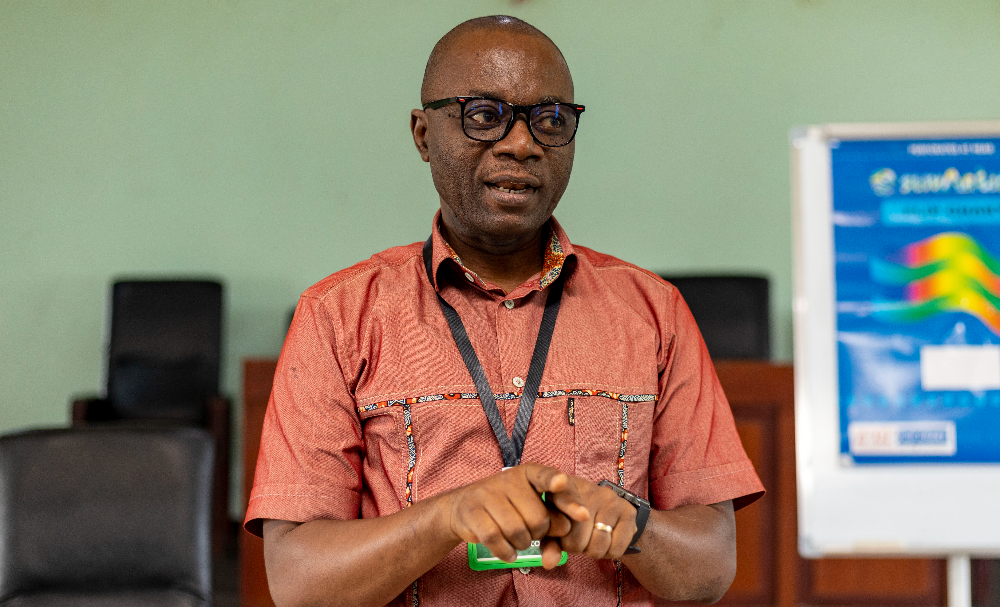
Dr Isaac Tweneboah Koduah, a facilitator, said participants, largely from the agriculture sector, would be coached to commercialise their ideas along the entire agrifood value chain from inputs to consumer markets.
“The goal is to help them stop thinking only in terms of finding jobs and start designing solutions and value propositions people will pay for. By the end, each participant should understand their problem solution fit, target market, competitive advantage, and the sales pathways to make money and grow,” he said.
He added that the programme “will take them through how to design a comprehensive business plan using the Nkabom Hybrid Business Model Canvas, covering the problem they have identified, their solution, target customers and competitive advantage.”
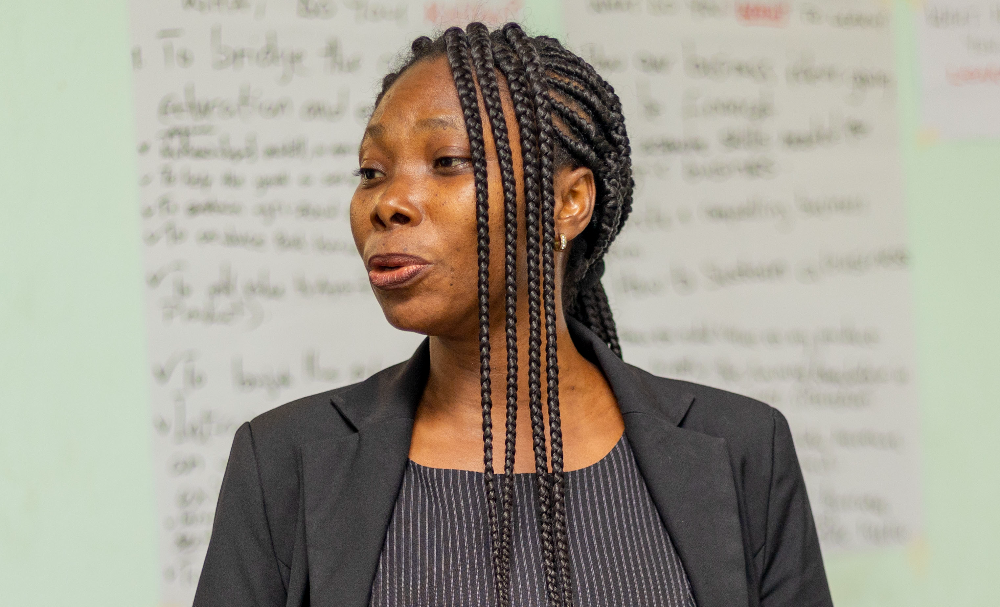
Mrs. Faustina Agyarko, District Agric Officer, Ministry of Food and Agriculture, expressed gratitude to the conveners, noting that the training aligned with practical needs on the ground.
“If the youth are well equipped in agripreneurship, they can identify where to plug into the value chain, production, aggregation, processing or marketing and apply a business mindset in establishing a venture,” she said.
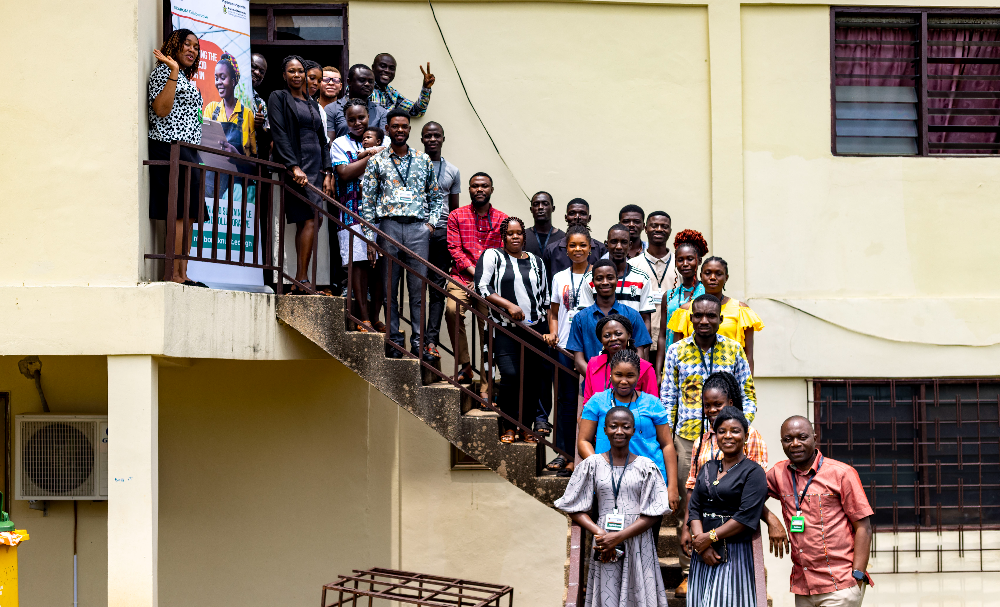
She added that bringing the CBET project to the district would not only help the youth acquire knowledge and skills, but also enable them to develop businesses and create employment for others.
“Farmers stand to benefit too as closer work with primary producers,” she said.
| Story and Photos: Michael Kwawu |








